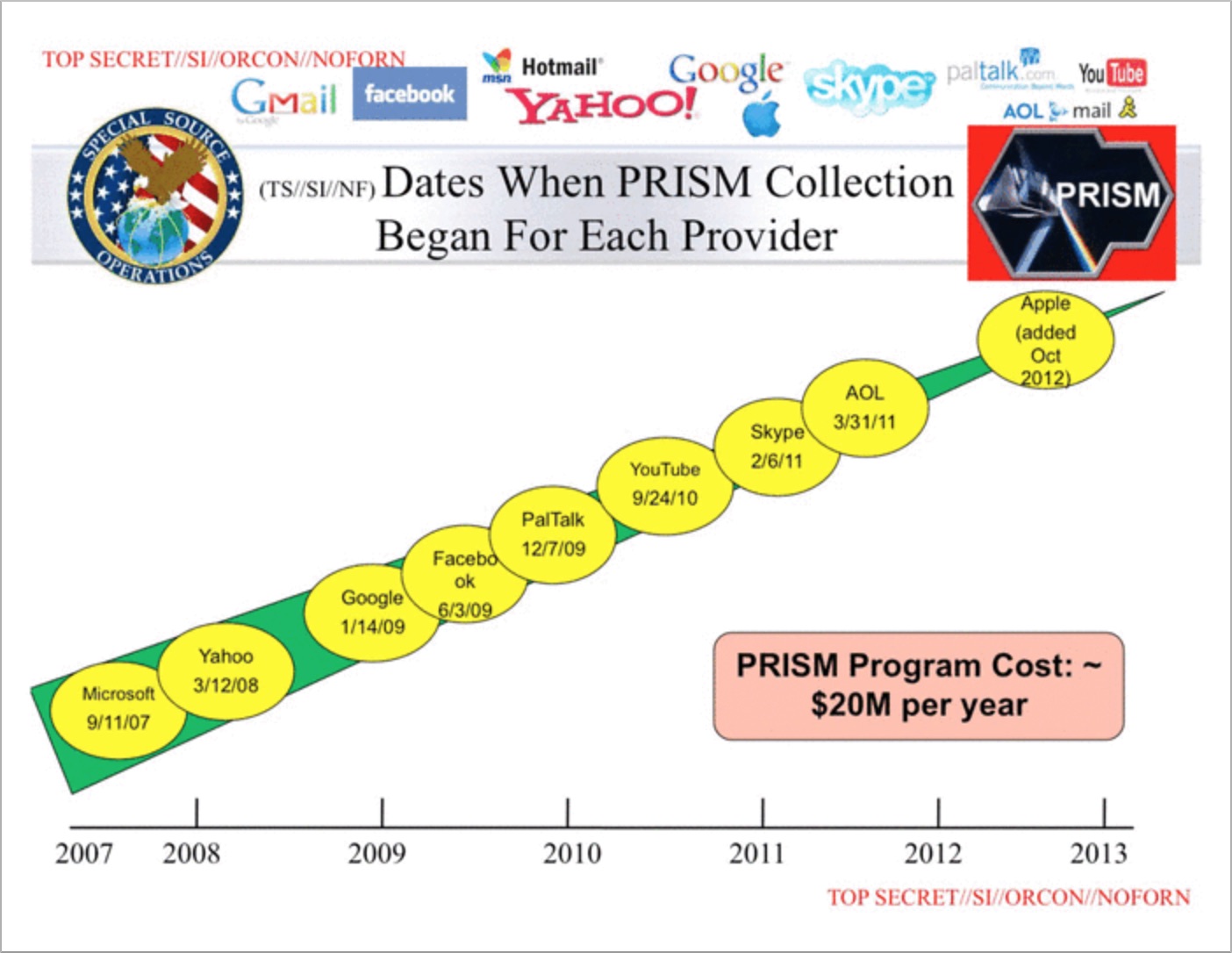Senior monitoring – security flipped on its head
Let's say you want to set up a security system for your home. In days past that would mean hiring a security company that would install sensors around your house, connected to a keypad, and linked via a phone line (usually a dedicated line you would need to add) to a monitoring company. Those sensors would probably have required wired connections to a central hub installed in a closet somewhere, or in a drop ceiling, requiring lots of installation work, cutting holes in walls, and cleaning up the mess afterwards with spackle and paint. Once installed, this system would only work if you paid the company that installed it a monthly fee. DIY Security Systems In recent years a new category of security systems have emerged, so-called DIY security systems. These systems are designed to be installed by the homeowner, and in general do not require ripping up walls to install them. Some systems allow you to monitor your house yourself, and some include monitoring for a fee, similar to the older systems. One good example of this type of system is SimpliSafe, which sends you a kit including various sensors to install yourself, and then provides a traditional monitoring…



